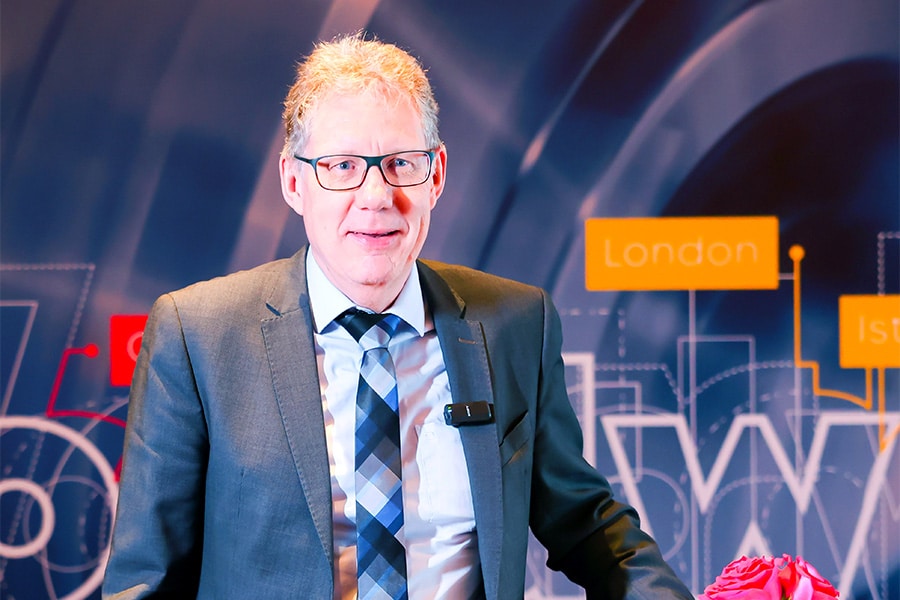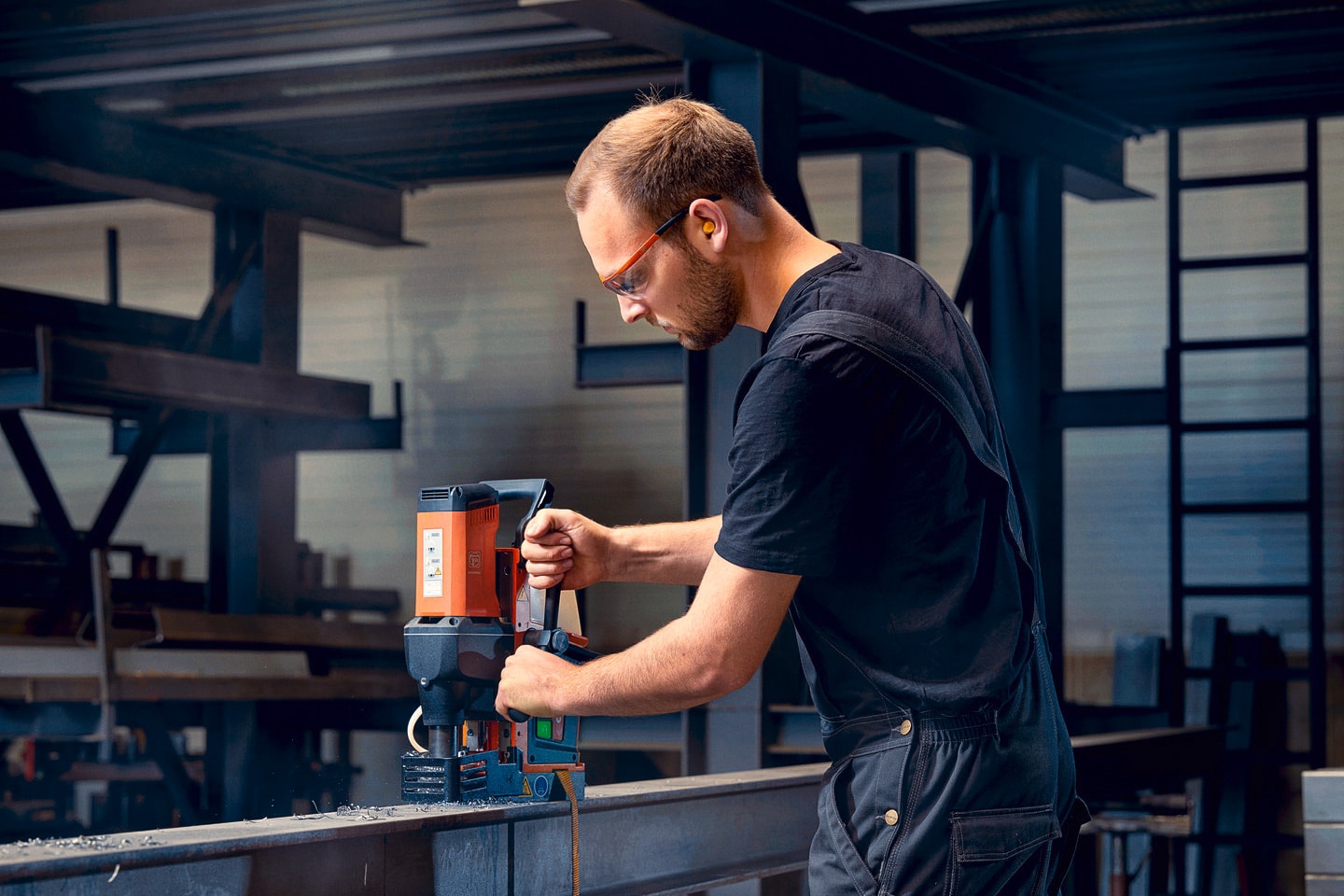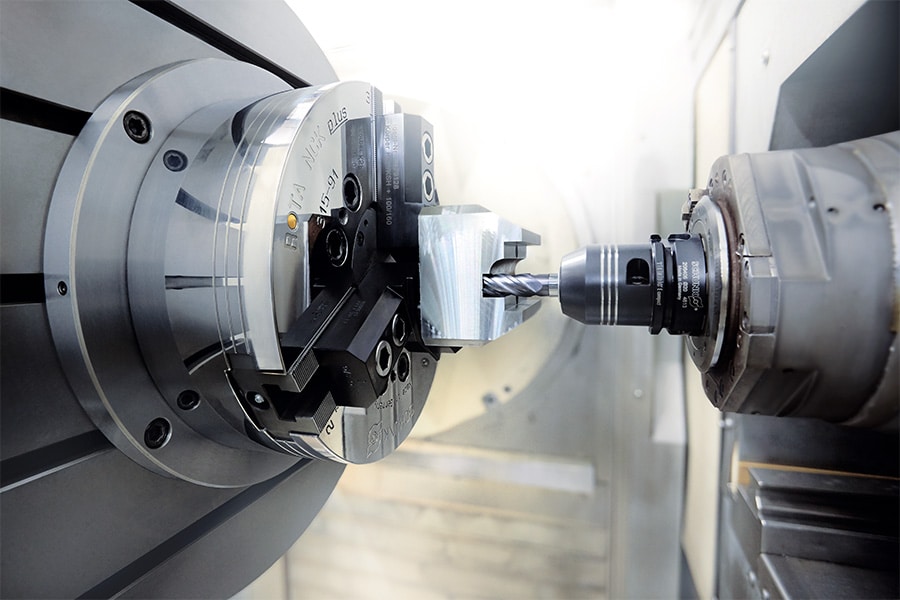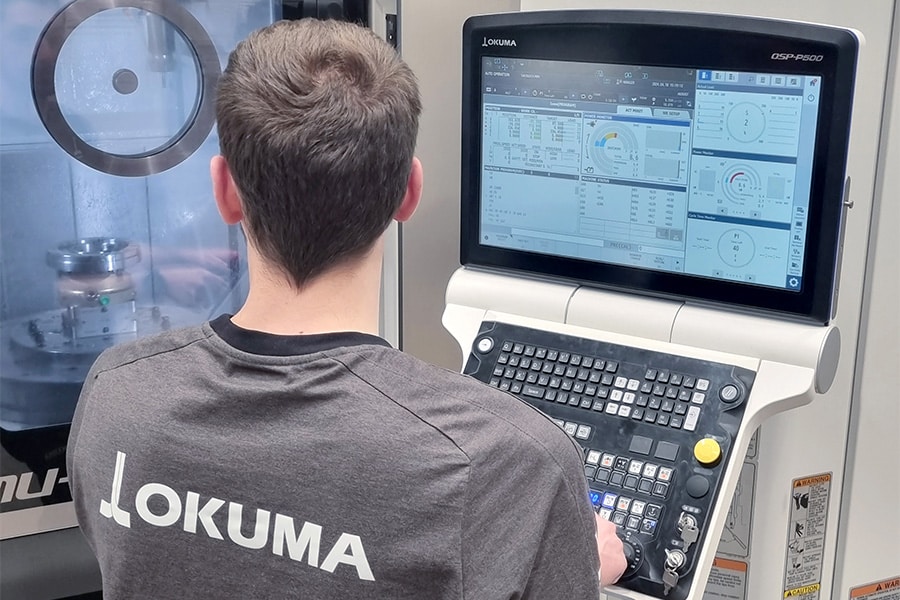
As an entrepreneur, you must dare to take risks
To grow, a company must invest: in new products, other markets and sectors, but especially in machinery and personnel. Of course this involves calculated risks, but with a wider range and greater flexibility one can offer existing and new clients just that little bit more. Peter Stevens, manager of Stevens Punching, knows all about it. This family business from Ypres, which specializes in processing industrial sheet metal, has been growing steadily for years, but in the meantime it continues to strengthen itself in all areas in order to continue to meet the increasingly stringent requirements of customers at home and abroad.

Entrepreneurship is in the Stevens family's blood. The company started out as a machine builder, mainly for the agricultural sector, but the father of the current manager took a different path and became a subcontractor in sheet metal working. Peter Stevens himself has now been in the business for almost 35 years. "We were always one of the pioneers in the past and still are today. We process both ferrous and non-ferrous materials, which are taken from our stock or supplied by the customer himself. Our customers come mainly from the world of logistics, mechanical engineering, agriculture and electronics, but also from other sectors," Stevens says. "They are looking for a partner who can help them optimize their production process. They choose not to invest in the knowledge and machines themselves, but to call on an external partner with extensive experience for certain operations. I am thinking, for example, of market leaders such as Picanol, Case New Holland and stow, but our customer base also includes many other large, medium and smaller companies from Belgium, France, Germany and the United Kingdom."

Continually investing to stay competitive
Stevens Punching focuses mainly on machining thin sheet metal from 0.5 to 20 mm for single pieces, small series and larger orders. The company has modern machinery for this purpose: CNC-controlled fiber laser cutting machines, punching and bending machines, semi-automatic welding stations and a welding robot, as well as a modern powder coating installation and assembly department. To meet rising demand, constant investment is needed. "For example, we have eight bending machines, three of which were purchased in the last two years. Our fiber laser cutting machines operate 24/7. There we need faster machines and an automatic sorting system. Today the machine continues cutting at night, but everything has to be manually triaged in the morning, so we lose time. An automatic warehouse would be the solution, but we have no space for that and expansion is not possible. We see a trend towards larger machines up to 6 m, but at Stevens Punching we stick to systems up to 4 m. Whoever chooses larger machines has to adjust their production completely to it, and handling requires an overhead crane," the business manager continues. "Lately we have been putting a lot of effort into welding. We have even called in an external welding engineer. Some six months ago we bought a new welding robot and obtained the EN1090-2 quality label, which allows us to do welding for construction purposes, an asset for existing customers, but also for winning new ones. All these investments involve risks, but they are necessary to remain competitive in the future."

The next generation
Stevens Punching continues to grow, even in times of Covid-19. The firm has 20 experienced employees, who receive continuous training, and its customer base continues to expand, including companies in the construction industry. "For this, our flexibility in particular is a great asset. After all, construction companies want fast delivery, since they usually need the work pieces on construction sites," Stevens concludes. "I still work with them myself every day and am happy with my team of driven employees. I am proud that my son Nicolas has been on the shop floor for two years now and at the same time knows how to bring in new customers through his network. So the next generation is ready, although I myself am not planning to slow down just yet."



